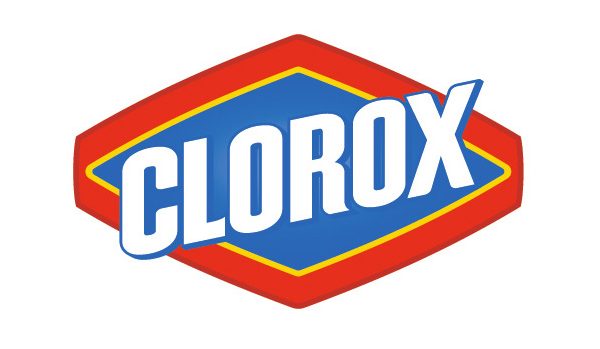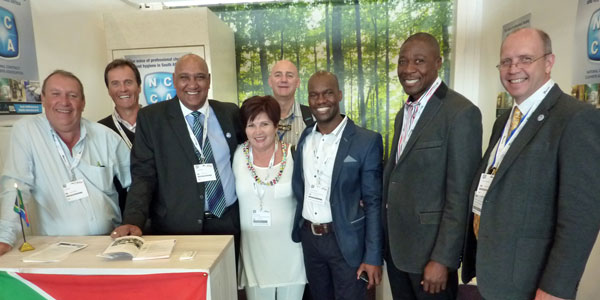
The introduction of Australia’s first Modern Slavery Act will require cleaning operators to take a broader look at their operations and supply chains to identify and eradicate any potential risks.
That’s according to Westpac’s director sustainable business services Olivia Tyler, who spoke at the BSCAA NSW division’s AGM in Sydney last week.
Taylor leads Westpac’s responsible sourcing program which examines the environmental, social and ethical risks within Westpac’s supply chain, and the group’s response to the Australian Modern Slavery Act.
Taylor discussed the recent developments surrounding Australia’s Modern Slavery Act, covering the reporting requirements under the Commonwealth and NSW state-legislation and her view on the impact the legislation will have on the industry.
“I think [the Act] is going to stimulate a lot of activity and transparency in supply chains,” Taylor told attendees. “In terms of what’s required to be recorded, businesses need to outline the structure of their operations and supply chains, covering what your business looks like, the products and services you offer and whether you have any joint ventures or other entities that fall within your corporate structure.
“Businesses will have to describe the risks of modern slavery in their supply chain and operation. For example: where did the mops and buckets used come from; who made them; how do you know the people you think made them actually made them.”
Taylor said businesses need to address the actions taken to assess and address modern slavery risks.
“Assuming you survey your bucket supplier, you need to consider how you can more regularly engage with them to understand that. The other piece to consider is the effectiveness of your actions. If your actions are effective, you will find issues. And you need to communicate how you address those issues.”
Taylor said organisations need to take a broader look in their supply chains, examine procurement risks as well as how they supply to other corporations who will be subject to the Act.
According to the 2018 Global Slavery Index, more than 40 million people are still thought to be in some form of slavery. In Australia the estimate is around 15,000 people.
“The feedback I often receive in my role is that Australia doesn’t have a modern slavery problem because of our laws. But that’s not necessarily the case.”
Cleaning is among the industries identified as high risk by the global slavery index, along with agriculture, construction, meat processing and hospitality.
Taylor compared the similarities and key differences between the Commonwealth Act, which was introduced on 1 January 2019, and the NSW Act, expected to take effect from 1 July 2019.
The Commonwealth Act applies to entities with an annual turnover of $100 million. The NSW Act applies to entities with an annual turnover of between $50 million and $100 million.
Currently there aren’t any penalties in the Commonwealth Act, however, penalties will apply under the NSW Act. Companies that meet the threshold will be required to disclose the steps they’ve taken to eradicate slavery from their operations and supply chains.
“The question we are all facing is: “Do I go to my suppliers’ suppliers’ suppliers’ supplier? This is where [organisations] have to take a pragmatic approach around what are the risks and how to best manage them.”
Taylor encouraged delegates to continue to talk about modern slavery and its impact on organisations.
“Don’t let this be the last time you talk about this or research its impact on your organisation, because you will need to do more. You will need to report more, you will need to communicate to your customers and your suppliers. ”
Comment below to have your say on this story.
If you have a news story or tip-off, get in touch at info@3.106.117.80.
Sign up to INCLEAN’s newsletter.



